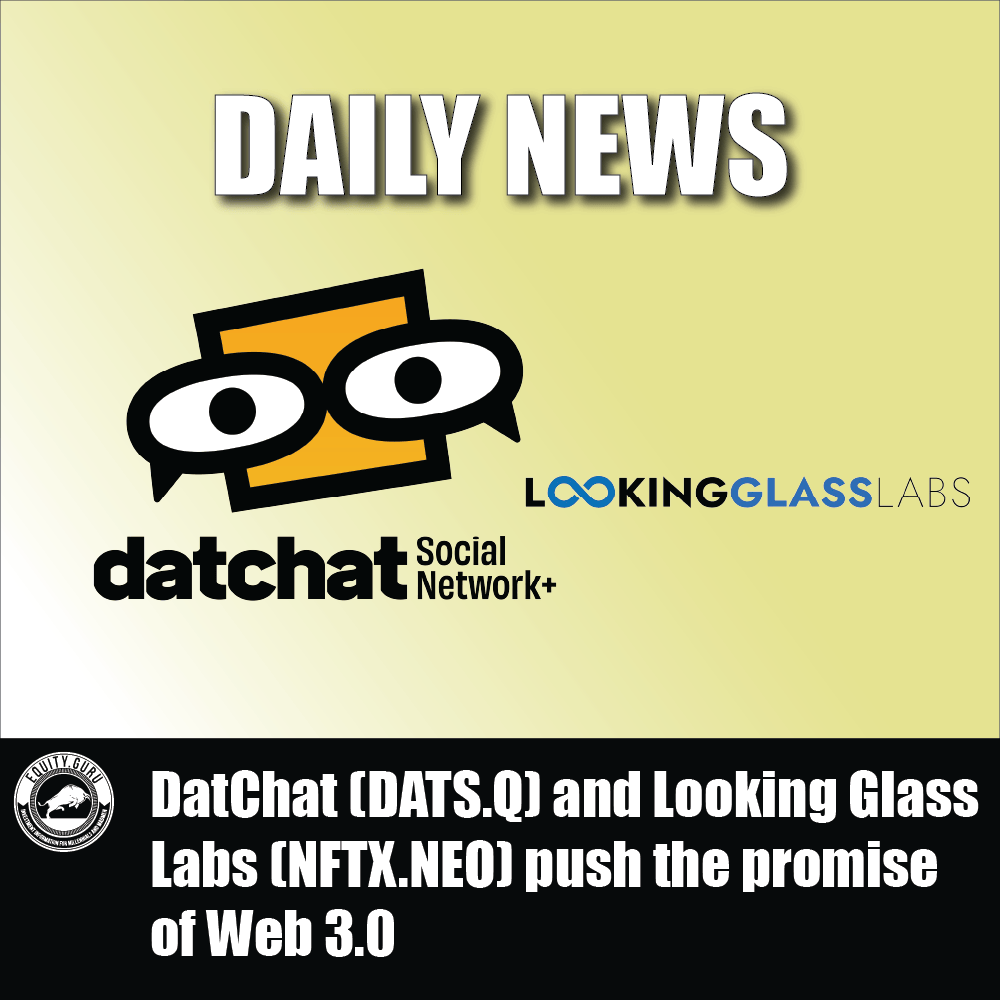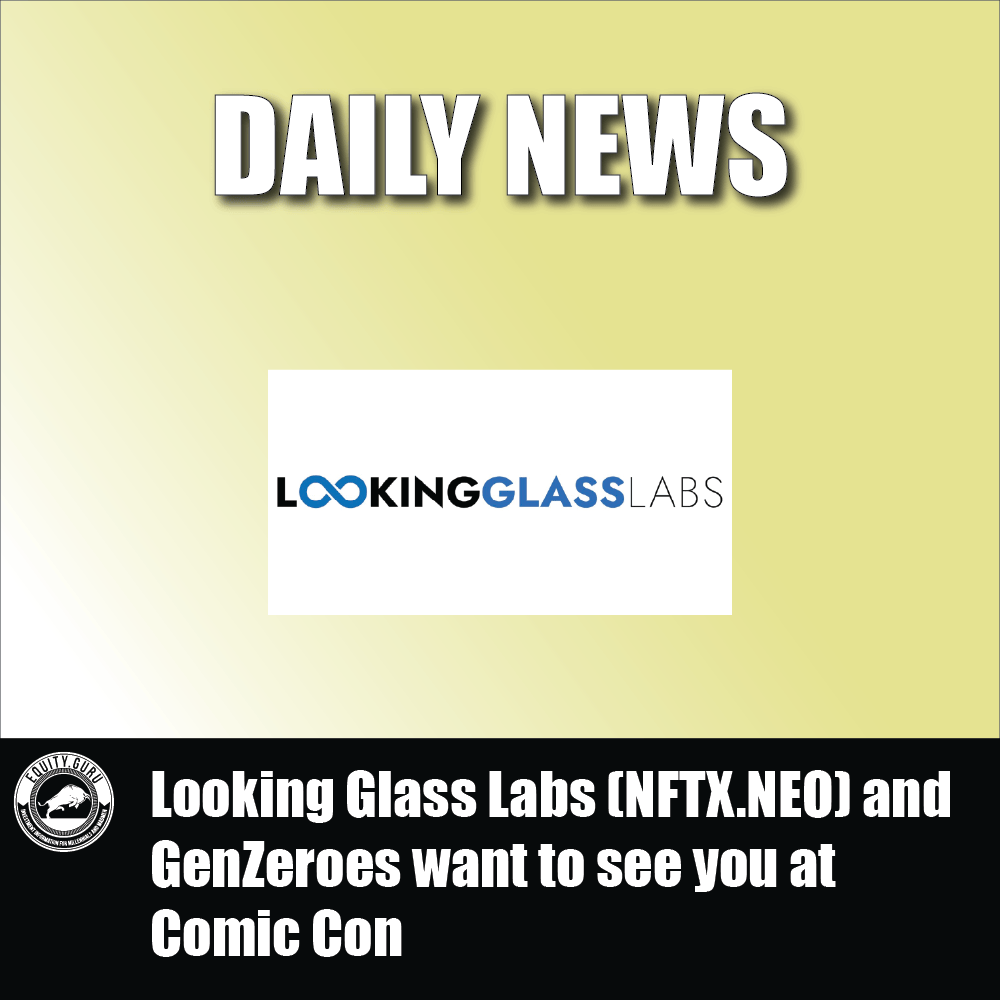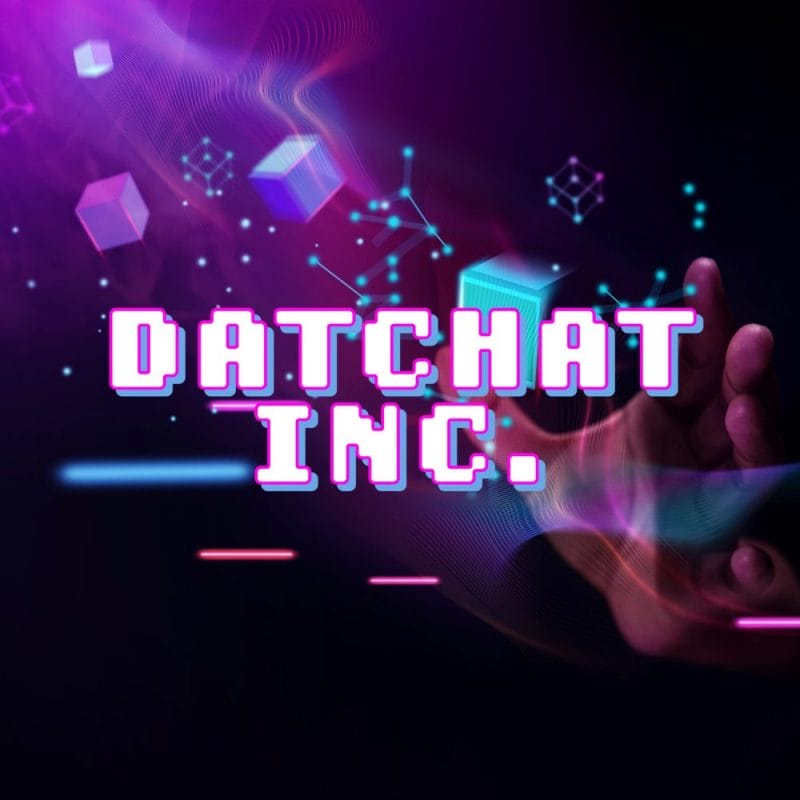Looking Glass Labs (NFTX.NEO) subsidiary House of Kibaa (HoK) has inked an agreement with DatChat (DATS.Q) to help connect their non-fungible token (NFT) monetizable platform to HoK’s Project Origin Metaverse.
This deal connects DatChat’s VenVūū NFT monetization platform with HoK’s Project Origin metaverse, itself a hyper realistic digital environment. This way, both companies can cross-promote each other platforms and products.
“The Alliance enables us to market and perform certain complimentary business activities together and seamlessly integrate the VenVūū NFT monetization platform into Project Origin. I expect this to strengthen DatChat’s VenVūū presence as a leading NFT monetization platform while allowing HoK to leverage VenVūū to create further asset opportunities for content creators,” said DatChat’s CEO, Darin Myman.
The relationship seems synergistic at first glance. In comparison, DatChat is a blockchain-based cybersecurity, metaverse advertising platform and social media company. They sport their own messenger and private social network application, which presents tech that gives users more control over the specifics of their message—namely, how long it sticks around, who can view it both before and after users send it. It prevents screenshots and hides encrypted photos in plain sight on camera rolls.
It’s social media with better privacy options.

Conversely, Looking Class Labs is a Web3 platform dealing in NFT architecture, metaverse environments, play-to-earn tokenization and royalty streams for digital assets. HoK itself is involved in design and development of metaverse 3D assets, including functional art and collectibles, which can be spread across multiple blockchain environments.
Typically what you make as an NFT Asset for one metaverse platform can’t be moved to another and vice versa with the big names (Decentraland, The Sandbox, Axie Infinity) only offering NFTs made using their own script. This could theoretically change that at least for smaller metaverse projects.
HoK has released digital assets, including GenZeroes, which sold out in 37 minutes for CAD $6.2 million, in addition to a 5% royalty stream on secondary market sales. HoK plans to launch their own metaverse based on the latest iteration of the Unreal Engine sometime this year.
It’s easy to be skeptical of projects like Web3.0 and the metaverse given the speed by which they’re being rolled out. It can be hard to keep up with, even for someone who pays attention to this stuff on a daily basis. But one can’t deny that there’s real money being made courtesy of these platforms and offerings, and while it might be short term (and it might not), there’s still enough promise to merit keeping your eyes on its progress.
—Joseph Morton



